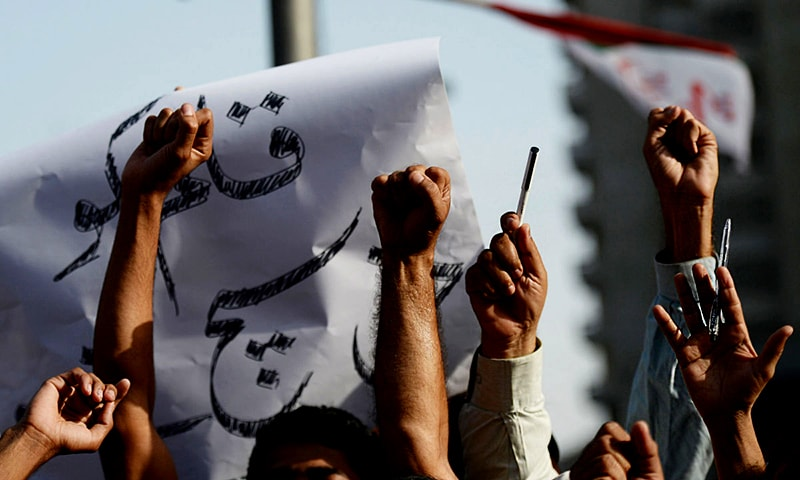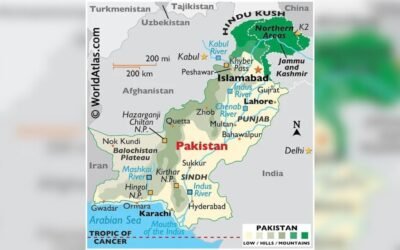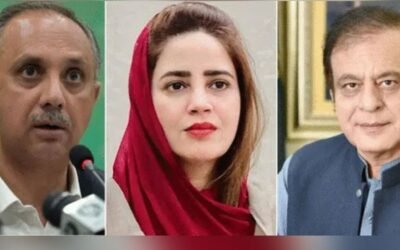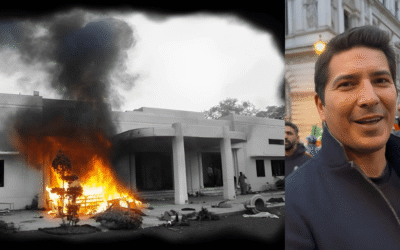In Pakistan, the internet has evolved into a powerful arena for expression and accountability. Citizens regularly use social media platforms to hold public institutions accountable; for instance, the #FixIt campaign drew attention to civic issues in Karachi and prompted municipal action. Platforms like Twitter and Facebook have facilitated nationalist, feminist, social-justice, and transparency movements, such as the Aurat March and #JusticeForZainab campaigns. These initiatives helped push reforms, including the Zainab Alert, Response, and Recovery Bill, which enhanced child protection mechanisms. Digital movements have also spotlighted enforced disappearances and violence in Balochistan and Pashtun areas, challenging popular narratives and prompting formal scrutiny.
The internet in Pakistan holds both promise and peril—only fair, proportionate state action can tip the balance toward progress.
This demonstrates that the internet, when used responsibly, can democratize values, broaden participation, and extend the state’s social contract into the digital space. Civil society, journalists, and ordinary Pakistanis find common ground in online mobilisation that complements state-led reform and public welfare.
The Case for Cultural Conservatism Online
Yet, alongside activism, the digital sphere has fostered a potent culture of outrage and self-censorship. New laws, such as amendments to the Electronic Crimes Act (PECA) and social media regulation bills, empower the state to take decisive action against misinformation, hate speech, defamation, and anti-state content. These provisions impose fines and jail terms, and allow for blocking entire channels for undermining public order, a policy that the government defends as necessary to safeguard national values.
For instance, Pakistani courts recently ordered YouTube to block 27 channels linked with opposition, critical journalists, and PTI figures deemed “intimidating” or “anti‑state.” The judicial action followed a report by Pakistan’s National Cyber Crime Investigation Agency. While the state claims this protects public order, critics argue it restricts free discourse and silences dissent.
Moreover, coordinated “trolling” and fake‑account campaigns frame dissenting voices as unpatriotic or foreign‑funded conspirators. Journalists like Abid Hussain have faced vilification and surveillance; online critics increasingly avoid sensitive commentary. Many online vigilantes have brought blasphemy charges using social media behaviour, often exploiting ambiguous laws to punish expression.
Is the State Supporting Values or Narrowing Them?
Viewed through a state lens, these measures reinforce national integrity and conservative values in the face of ideological fragmentation. Army Chief Asim Munir has warned that unchecked freedom of speech can foster “moral degradation” and disinformation, urging citizens and the media to observe constitutional boundaries.
Unchecked misinformation can destabilize society—only careful, transparent state intervention can prevent chaos without silencing dissent.
State supporters argue that such legal clarity curbs divisive narratives and disinformation campaigns that threaten societal cohesion, especially during crises such as elections or security incidents. With elections witnessing internet shutdowns and social media disruptions, the government claims that these controls are essential to maintain public order and national unity.
Digital Freedoms: Gains and Limitations
Despite tighter regulation, activists like Nighat Dad and organisations like the Digital Rights Foundation have highlighted the digital space’s potential for empowerment, especially for women and marginalised communities. Dad’s team responded to thousands of complaints of online abuse, supporting survivors of cyber harassment and building legal advocacy capacity.
Social media remains a powerful tool for raising public awareness about women’s rights, religious minorities, environmental justice, and corruption. Pakistan’s youth often use hashtags and online mobilisation to demand policy changes. Aurat March continues each year with digital outreach, while movements like Fridays for Future and PTM have influenced public discussion. Still, these freedoms exist within constraints. Ambiguous laws, deep packet inspection, and legal overreach produce fear. Media freedom watchdogs report arrests under PECA for satire or criticism; prominent names like Asad Ali Toor and journalists were arrested for sharing “anti‑state” narratives.
Democratizing Values, or Reducing Them to Outrage?
Both forces coexist online: constructive activism and punitive conservatism. On the one hand, social media has raised civic awareness, empowered citizen journalism, and supported legal reforms. On the other hand, government-led censorship, private vigilante prosecutions, and social policing deepen self-censorship and marginalise dissent.
Critically, the balance hinges on who sets limits. When state actions protect public order while remaining transparent, fair, and proportionate, they can reinforce national values without undermining free speech. However, when laws are vague and punitive, or surveillance is unchecked, the culture becomes narrower rather than more democratic.
A State-Centric Perspective: Responsible Limits Enable Freedom
From a pro-state standpoint, the internet’s culture of outrage must be guided by legal mechanisms, including PECA, regulatory tribunals, defamation frameworks, and oversight mechanisms, to prevent chaos under the guise of freedom. These systems, if applied judiciously, support stability, national unity, and moral norms. When social media platforms become vehicles for defamation, incitement, or the dissemination of false narratives, state intervention serves the public good, not oppression.
At the same time, the state benefits by promoting a positive online culture, supporting digital literacy, addressing harassment, and encouraging civic online engagement within legal boundaries. Trusted state-backed platforms and public service initiatives can amplify local culture, promote women’s empowerment, and foster ethical discourse, striking a balance between activism and values.
Misinformation thrives in digital vacuums—thoughtful state oversight is essential to protect truth without shrinking public space.
Pakistan’s internet reflects both democratization and conservatism. Digital activism has undeniably expanded public participation, challenged injustice, and forced accountability. Yet the state’s regulatory and legal framework constrains this freedom, sometimes fairly, and at other times restrictively.
Ultimately, whether the culture of outrage makes Pakistan freer or more conservative depends on how these laws are applied, specifically in terms of their fairness, transparency, and adherence to constitutional principles. When the state utilizes its legal mandate to safeguard integrity and support constructive debate, digital values democratize society. If repression and vigilante justice prevail, Pakistan tilts toward a more conservative, narrow online culture.
The state’s task is therefore to strike a delicate balance: defend national values while fostering a digital public sphere where speech, activism, and dissent thrive within constitutional boundaries.







